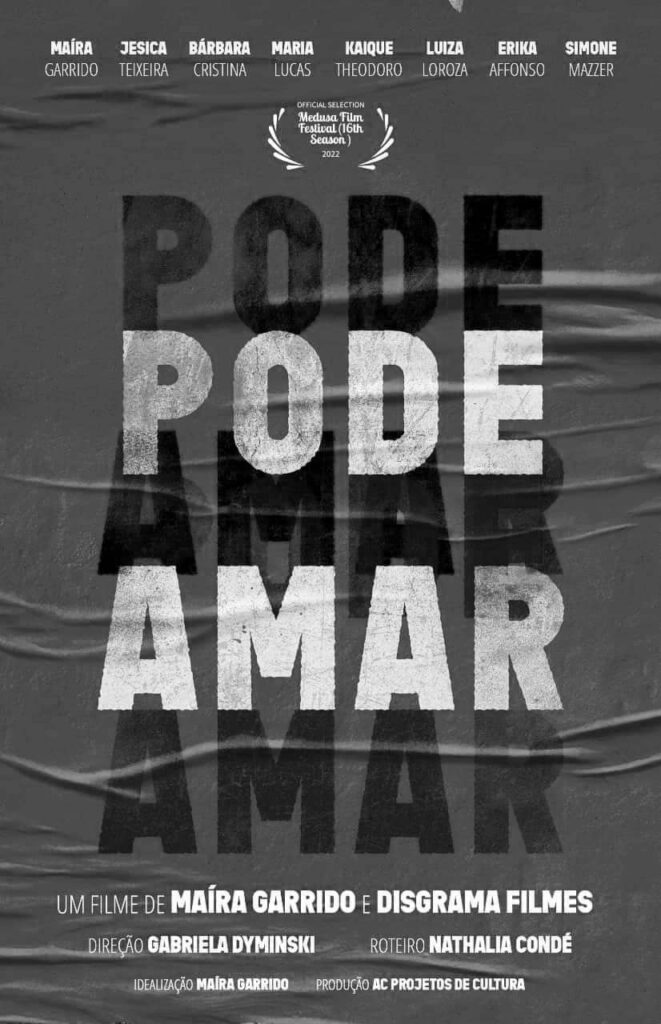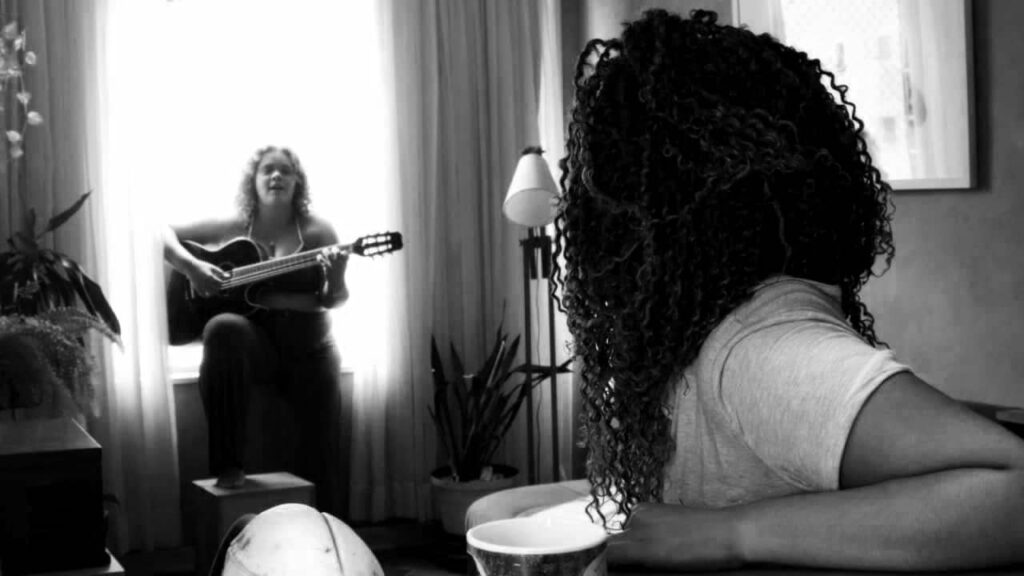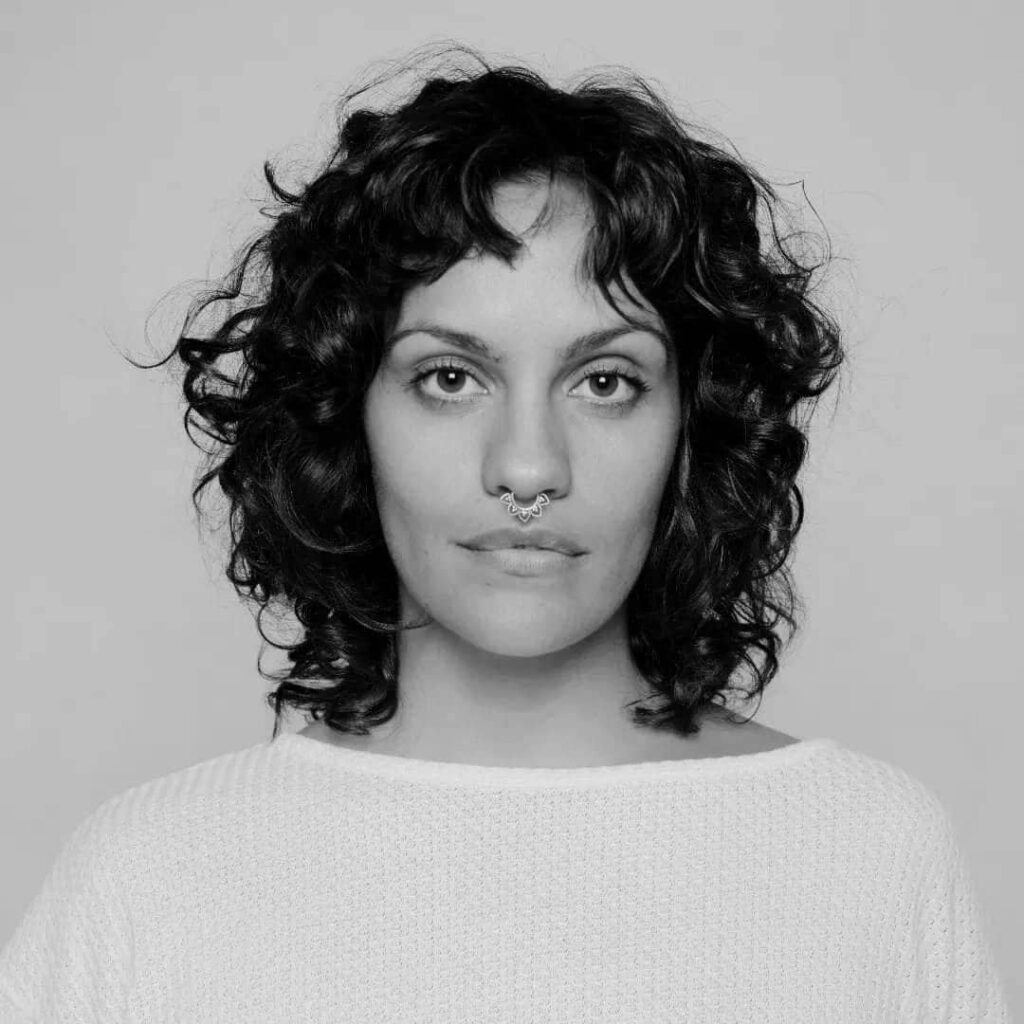
-Who is Gabriela Dyminski?
An actress, director, writer, screenwriter, producer, editor, poet, illustrator, mother, LGBT woman, and reassuming indigenous. She graduated in Performing Arts and does not believe in overview, which makes her a developing multiple artist, complete and abundant.

-What inspired you to become a filmmaker?
From a very young age, I dealt with frustrations, sadness, happiness, and love by writing. There was in this writing certain loneliness stumbling upon the frustration that is to close the notebook. When my daily life was getting too small for me, I searched for an acting course and from there I understood what is the meaning of my life. Nowadays, the Brazilian audiovisual sector suffers from many political attacks on budget reduction and censorship. However, it has always been a place of difficult access and I realized that if I want to act and see stories that represented me and other minorities, I would have to make my own movies. In the beginning, it seemed impossible, because there is a premise that making a cinema is too expensive. But thanks to people like Rodrigo Brum, Felipe Koury, and André da Costa Pinto, I learned a way of making cinema in an independent way. And besides these amazing teachers who gave me strength and inspired me to do what I do, I also extend my thanks to the people who surrounded me after and keep supporting me, empowering me to continue, like my partner from Disgrama Filmes, Letícia Catalá, and my partner in life, Henrique Patuá who embraced with me the challenges since my first movie. These people are part of my beginning and current path through the audiovisual.

-Do you think the cinema can bring a change in society?
Absolutely. From the poetic scope to the social. If it wasn’t such hope, I wouldn’t work with it. I refuse to do things in vain. As my friend Copioba wrote in the description of our audiovisual production company goals: “Our movies have not only the purpose to entertain, but aim to promote discussions/dialogues for the comprehension of society and paths for the plural beauties claim.”
-What would you change in the world?
Can I say the whole story? Well, I think there is a lack of love in the world. It is not about romantic love, that one sought since the Industrial Revolution, I talk about love as empathy towards the other. I would change everything. Power detention, I would put the minorities ahead of everything.

Gustavo Paixão
–Where do you see the film industry going in the next 100 years?
In technological matters, I could not even imagine. But I hope in social and access matters, and cultural retake, it will be millions of steps ahead.
